ARTICLES > THRIVE
AN EPIC CYCLING ADVENTURE IN NEW ZEALAND WITH A TODDLER
A family adventure cycling in New Zealand is already a feat with a three-year-old: when you live with coeliac disease, travel plans get even more epic.
By Selina Altomonte
For Amanda Lloyd and Matthew Shields, who are parents to Clancy, now four, creating a life of adventure as a family was never a question. Matt is an ex-adventure racer, while Amanda has a doctorate in outdoor learning, and is passionate about nature play and development. “I was a teacher for years and realised the more I took kids outdoors, everything from their learning to their social skills to their wellbeing was improving,” she shares. “My whole work life is about getting kids and families outside, and it always has been.” During the Covid lockdown era, Amanda and Matt, like many others, turned to the outdoors for relief… except they had just had a baby. Based in the beach town of Gerringong, NSW, it was only natural that Clancy’s outdoor adventures began quickly. “We hiked with him in the pram or carrier, and within weeks we had him in the canoe with us, says Amanda. “Our parenting choice was to get outside, and Clancy hasn’t known anything different.”
The whole family also lives with coeliac disease: Matthew was diagnosed over a decade ago, which contributed to Amanda’s own realisation that celiac disease could be behind life-long symptoms she experienced. “There were all the tell-tale signs of low iron levels, brain fog and nausea,” she says. “When I was competitively rowing I thought the nerves were making me feel sick, but now I know it was because I’d had pasta the night before.” When Clancy came along, Amanda and Matt were , but at two-and-a-half, it became clear that Clancy was unwell and his behaviour was impacted after ingesting gluten, too.
An adventurous life
An adventurous life Living on a gluten-free diet – and adding the layer of toddler-friendly options too – hasn’t held any of them back from an active lifestyle. And it hasn’t stopped Amanda and Matt from committing to travel. “I don’t think that anything we do is too extreme; cycle touring is accessible for most families, and every birthday we go on an overnight adventure, staying in hotels and caravan parks,” says Amanda. When Amanda and Matt started craving an overseas trip immersed in nature, the Alps 2 Ocean Cycle Trail in New Zealand – a multi-day cycling tour over 300 km to experience some of the South Island’s most iconic scenery – didn’t seem out of the question. “Matt and I have done significant camping and hiking trips in New Zealand, so it feels like coming home,” says Amanda. They were already familiar with organised trails, but planning 10 days of food for the family proved to be an epic mission in itself.
A gluten-free family on the road
A gluten-free family on the road Amanda describes the meal planning for this trip in good humour as “high-level stalking.” Their route would take them through small country towns with limited options. “I researched menus and messaged all the places we could eat along the way,” Amanda says. “It’s not uncommon for families to do long-distance rides, but when there’s three of you who can’t get cross-contamination because you won’t be able to keep going, and one of you is a three-year-old, it’s extra complicated.” “I had to overcome any embarrassment or shame asking so many questions and contacting so many places. “When you’re eating out as an adult with coeliac disease, you can always figure something out, but this isn’t practical with a toddler. Some dining out options couldn’t accommodate us; one place was great and told us their menu wasn’t right, but they could put anything in the air-fryer for us.”
They had to rely heavily on self-catering. Upon landing in Christchurch, the family loaded up on 10 days’ worth of food, and organised a luggage drop for their bags each day. At some of the places they stayed, there weren’t any cooking facilities beyond a kettle and toaster, so a supply of toaster bags, rice noodles and freeze-dried hiking meals were life savers. Eggs on toast and local sausages were also on high rotation. “I just couldn’t take Clancy on for hours of cycling each day and disappoint him food-wise,” she says. “We were often lucky to get hold of the one loaf of gluten-free bread at small-town supermarkets along the way, and the treats and toddler bribery food was especially hard to find.” “The planning involved was massive, but I couldn’t have us being turned away from cafes; we had to know where we could take him for that one treat of hot chips, “she adds. “It does take out some of the mystery of travel, but I want every kid to enjoy a life outdoors and if it takes two days of Googling, so be it,” Amanda says. “We never felt left out, and we didn’t get sick once.”
Unmatchable moments Amanda has come to the realisation that living with coeliac disease has actually led their family to some of the most beautiful moments. “Matthew celebrated his birthday on this holiday, and we were staying in the town of Ōamaru,” Amanda recalls. “By some stroke of luck we were staying down the road, from a gluten-free bakery. We bumped into the owner while strolling down the street with one of her cakes. We set up a high tea, had an amazing cake, just the three of us, and it was perfect. We wouldn’t have had that experience if we’d just eaten out.” For Amanda, seeing Clancy’s confidence unfold on this trip is one of her fondest memories. Clancy was up for the adventure, spending time both on a tandem bike, and alternating between the front of his parents’ bikes to take in the ride. “He was apprehensive seeing a long train tunnel we had to go through, but the joy on his face on the other side was incredible.”
“Every child has their challenges, but kids are amazing. I want Clancy to keep growing up knowing that nothing can stop him.”
Unmatchable moments
Blood pressure check
Keep on top of your blood pressure – you may not be noticing symptoms, but left untreated, consistently high blood pressure can lead to heart attack or stroke. Put it in your diary now to check in on yourself: if you don’t have a GP visit planned soon, your local chemist may be offering free blood pressure consultations.
Heart health check
According to the Heart Foundation, heart disease is the leading cause of death in Australia, but many heart attacks and strokes can be prevented. Do you understand your own risk of heart disease? From the age of 45, it’s wise to have a heart health check every two years, but Aboriginal and/or Torres Strait Islander people need to start earlier, at age 30. For people with diabetes, the ideal age to start is age 35. Heart health checks take 20 minutes, are covered by Medicare, and are free at practises that bulk bill – so check with your GP what your options are for a heart check-up.
Skin check
According to the Cancer Council, skin cancer is the most common cancer diagnosed in Australia. Make it a point to self-check regularly, but if you notice any changes, especially to the size, shape or colour of moles or freckles, see your GP for a follow-up as soon as possible.
Breast screening
Self-examination, once a month, is recommended, but Breastscreen Australia provides free mammogram screening from the age of 40 every two years, until the age of 74.
Testicular cancer screening
As there isn’t a routine screening test for testicular cancer, self-examination is recommended as a regular practice for men aged 20 to 40. This is to gain an awareness of any changes such hard lumps, heaviness or swelling that require a consultation with a GP as the next step.
Getting vaxxed
When was the last time you checked if you’re up-to-date with your vaccinations? Have you had an influenza shot ahead of flu season? If you have a coeliac disease diagnosis, research supported by Coeliac Australia has found that you may be better protected against serious infection if vaccinated against pneumococcus.
READ THIS NEXT
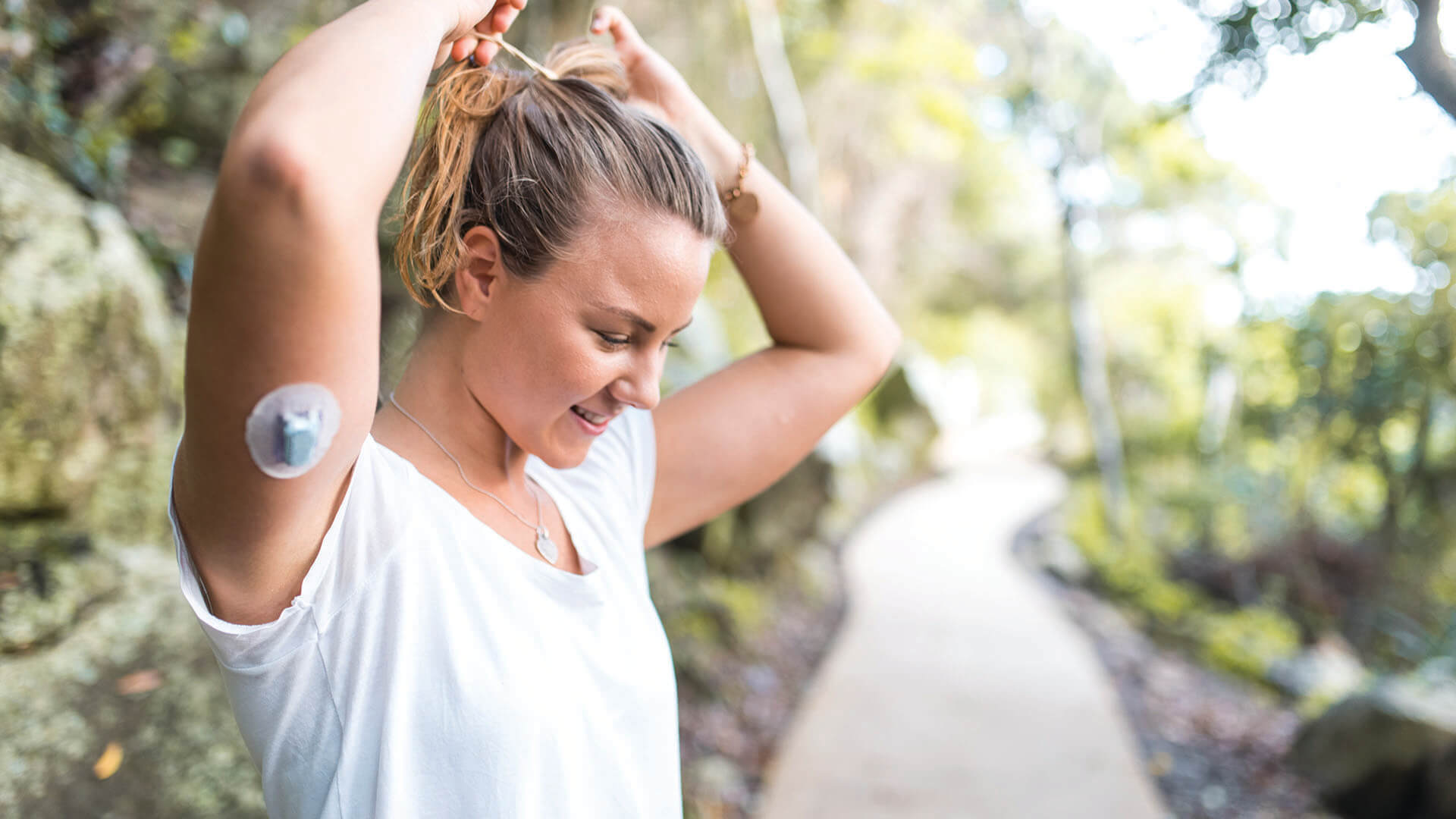
DIABETES AND COELIAC DISEASE: WHAT’S THE LINK?
Did you know that if you have Type 1 diabetes, you have an increased risk of coeliac disease? We talk about managing these conditions together.
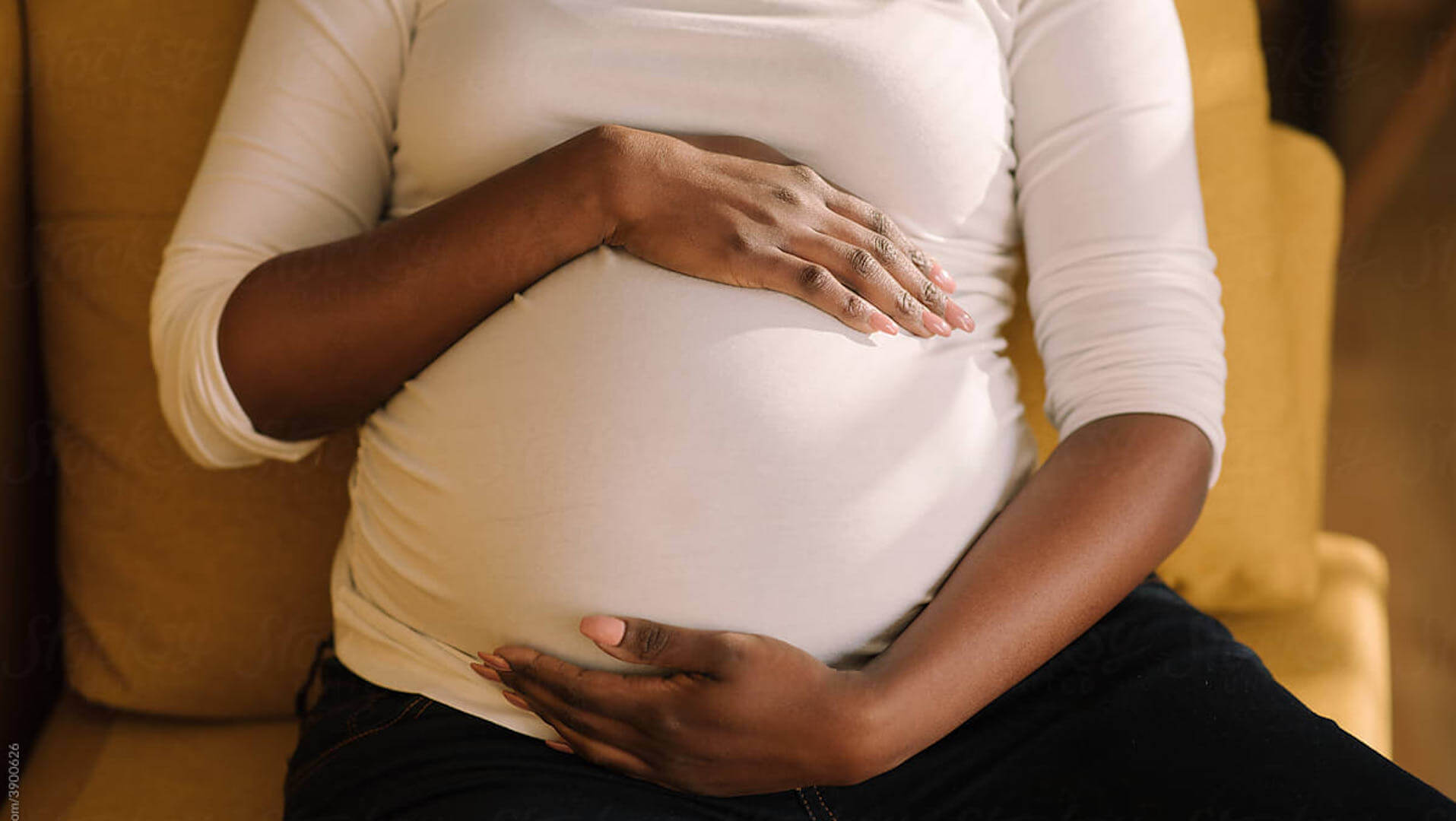
SPECIAL REPORT: COELIAC DISEASE AND FERTILITY
Undiagnosed or untreated coeliac disease has been connected to infertility: if starting a family is part of your life plan and you're struggling, here's what you need to know.

FIVE STRESS-BUSTING STRATEGIES FROM A PSYCHOLOGIST
Living with coeliac disease adds to the complexities of life so it’s important to manage stress. We’re working with these simple but effective tips.
See more





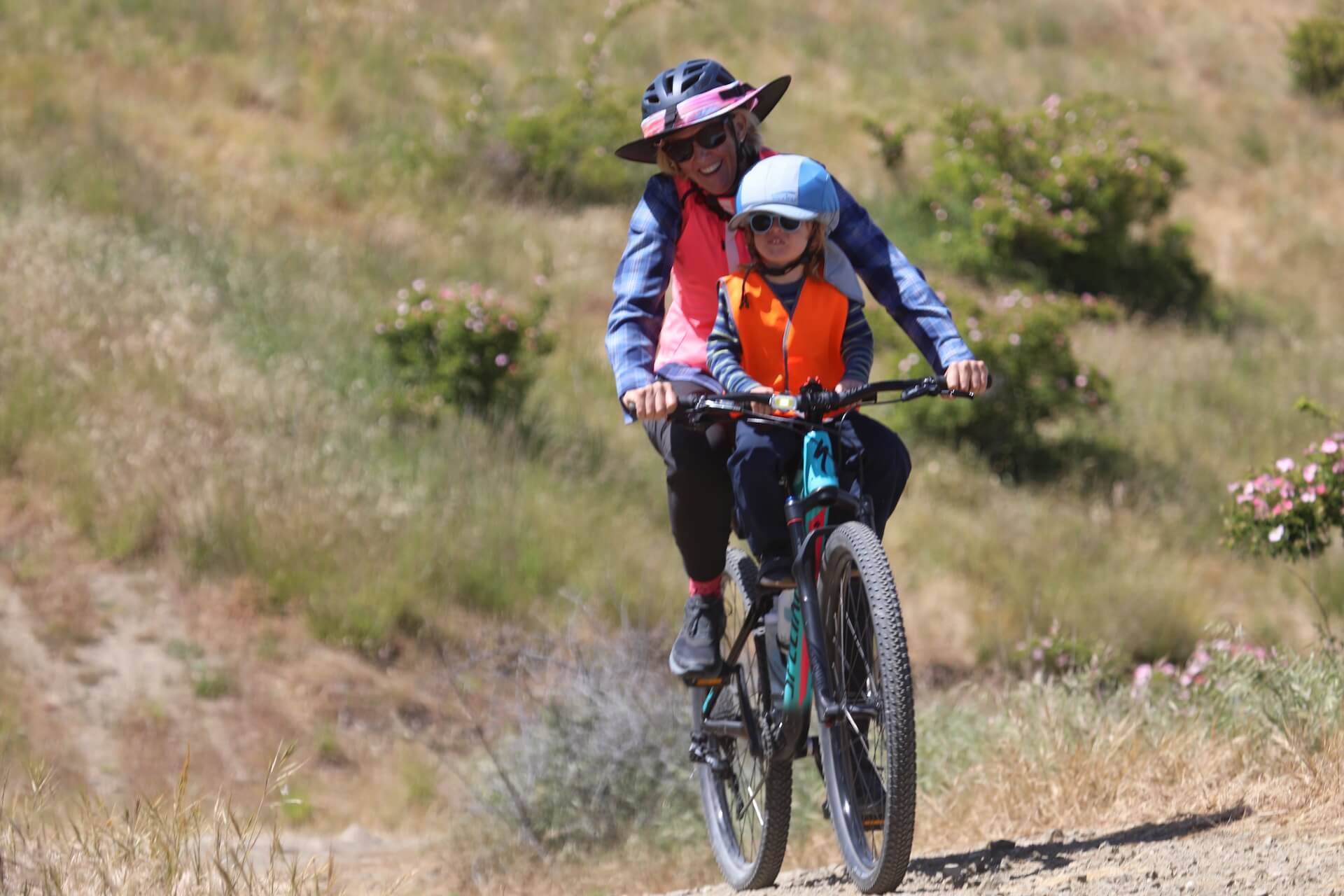

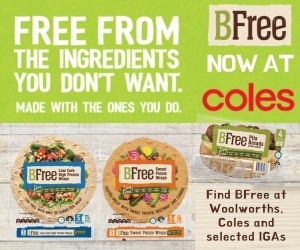


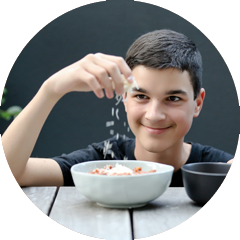

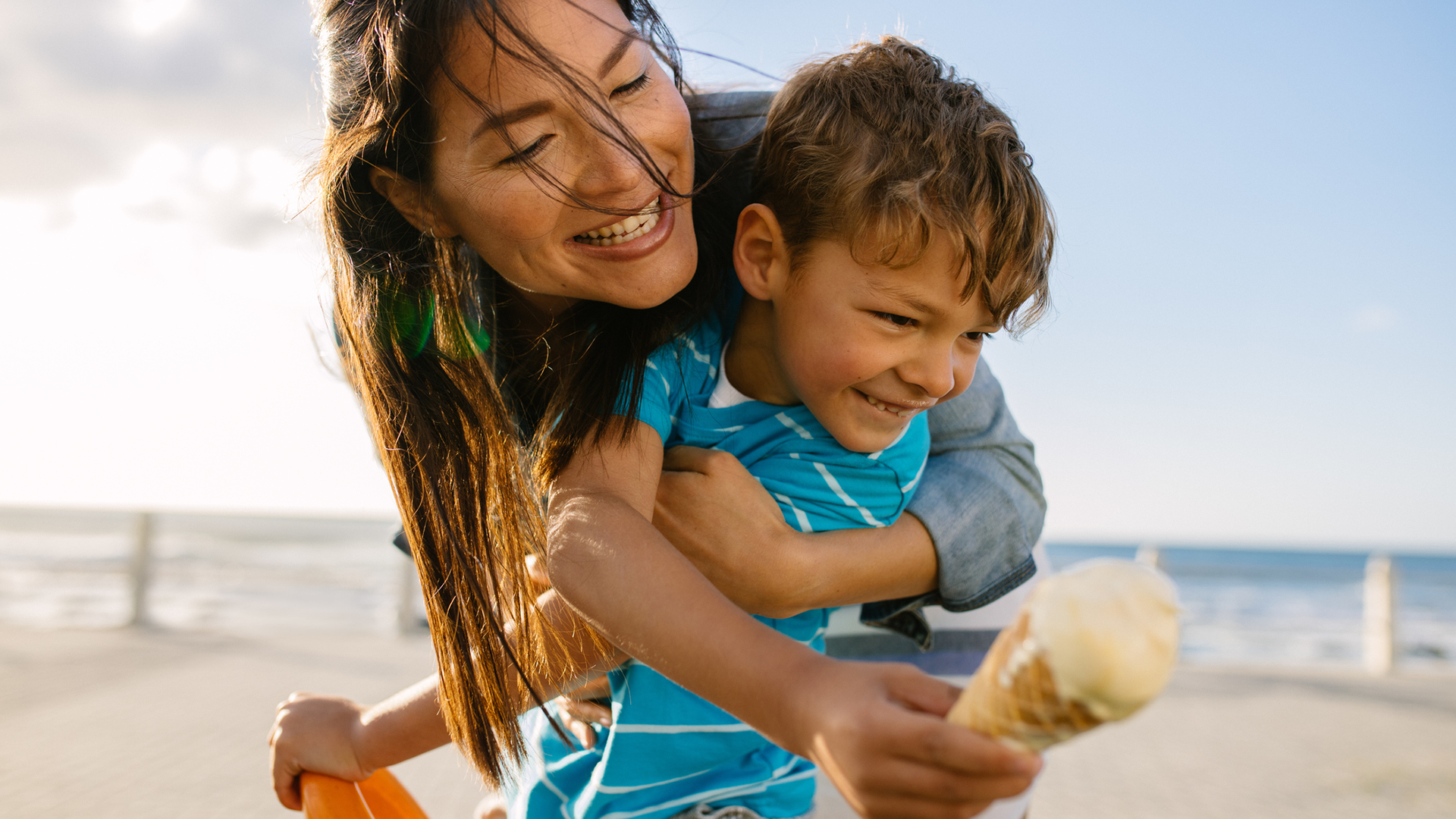


0 Comments